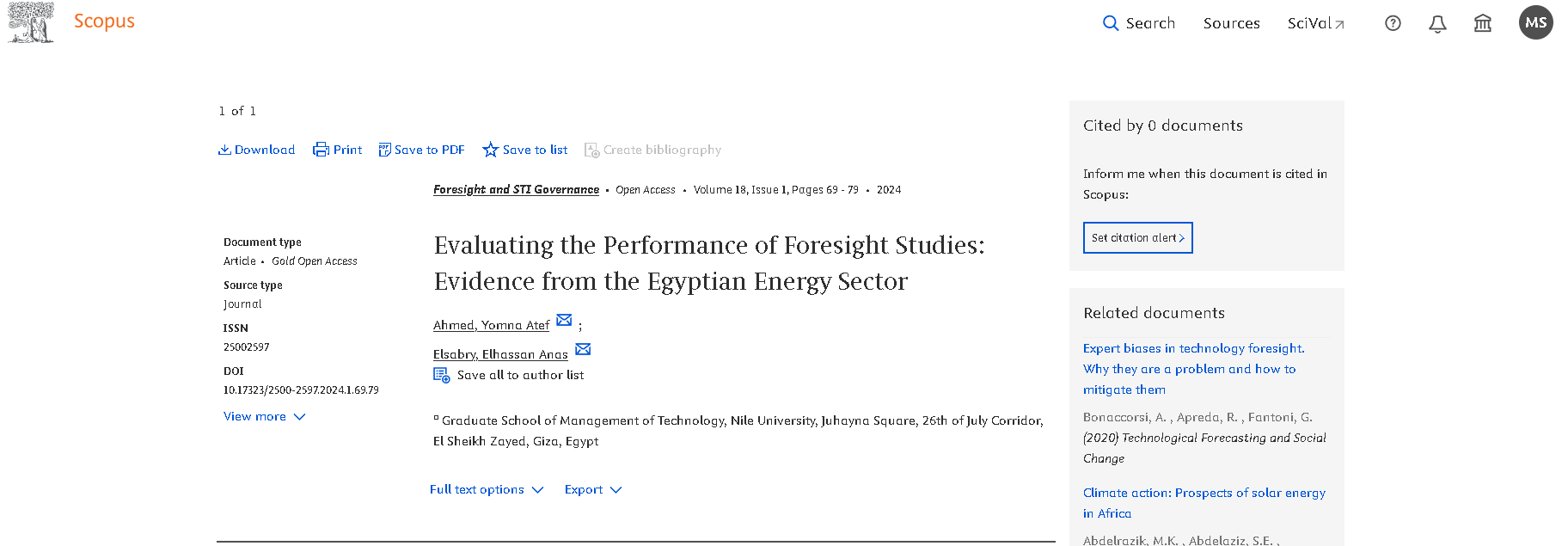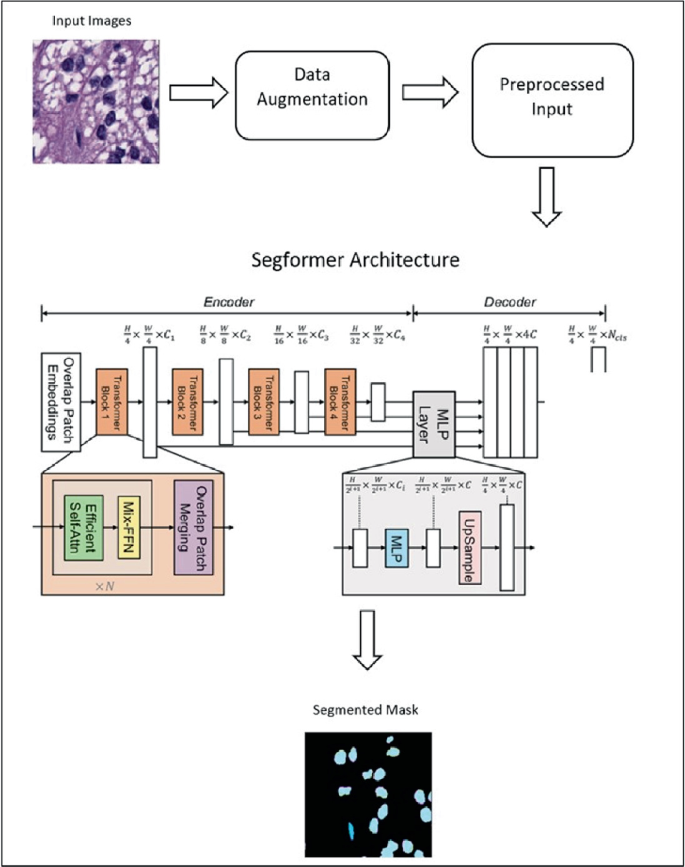
The economic potential of using cotton stalks to produce alternative wooden materials
The wooden industry depends heavily on logging activities which have negative impacts on the environment and a shortage of supply. The industry is starting to depend on composite boards from agricultural waste materials. Composite boards have been shown in the literature. However, some wooden applications still depend on hardwoods. Besides, most of these composite boards use synthetic formaldehyde as binders. Formaldehydes have negative impacts on human health. On the other hand, Egypt has an abundance of cotton waste that can produce composite woods. In this paper, the researchers compared three different technologies to produce: particle boards, medium-density fiberboards (MDF), and Hardwood-like boards. The comparison was based on the economic feasibility and the quality variables tested in the literature. The first technology produces particle boards and the second MDF. The two technologies use formaldehyde binders in the production process, but only the first has been proven to be economically feasible. On the other hand, the third technology is based on natural binding. This paper provides an economically feasible alternative for traditional wood without using formaldehyde. © 2019 IEEE.



